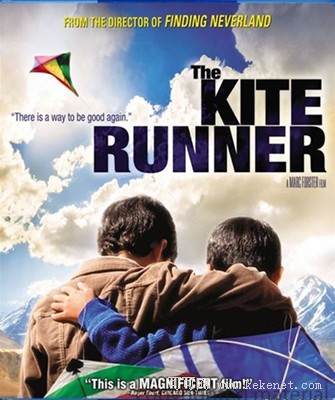FOR THE NEXT COUPLE of years, the words "economic development" and "reform" danced on a lot of lips in Kabul. The constitutional monarchy had been abolished, replaced by a republic, led by a president of the republic. For a while, a sense of rejuvenation and purpose swept across the land. People spoke of women's rights and modern technology.

And for the most part, even though a new leader lived in "Arg"--the royal palace in Kabul--life went on as before. People went to work Saturday through Thursday and gathered for picnics on Fridays in parks, on the banks of Ghargha Lake, in the gardens of Paghman. Multicolored buses and lorries filled with passengers rolled through the narrow streets of Kabul, led by the constant shouts of the driver assistants who straddled the vehicles'rear bumpers and yelped directions to the driver in their thick Kabuli accent. On "Eid", the three days of celebration after the holy month of Ramadan, Kabulis dressed in their best and newest clothes and visited their families. People hugged and kissed and greeted each other with "Eid Mubarak." Happy Eid. Children opened gifts and played with dyed hard-boiled eggs.
Early that following winter of 1974, Hassan and I were playing in the yard one day, building a snow fort, when Ali called him in. "Hassan, Agha sahib wants to talk to you!" He was standing by the front door, dressed in white, hands tucked under his armpits, breath puffing from his mouth.
Hassan and I exchanged a smile. We'd been waiting for his call all day: It was Hassan's birthday. "What is it, Father, do you know? Will you tell us?" Hassan said. His eyes were gleaming.
Ali shrugged. "Agha sahib hasn't discussed it with me."
"Come on, Ali, tell us,"I pressed. "Is it a drawing book? Maybe a new pistol?"
Like Hassan, Ali was incapable of lying. Every year, he pretended not to know what Baba had bought Hassan or me for our birthdays. And every year, his eyes betrayed him and we coaxed the goods out of him. This time, though, it seemed he was telling the truth.












